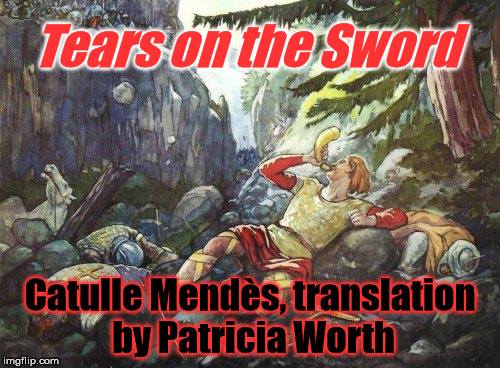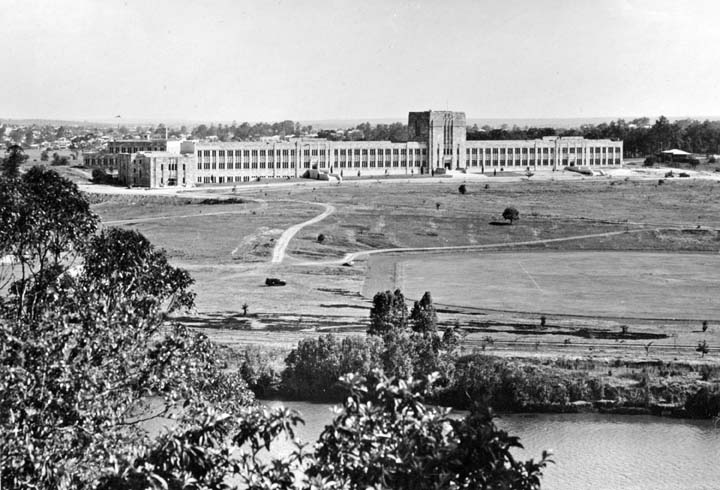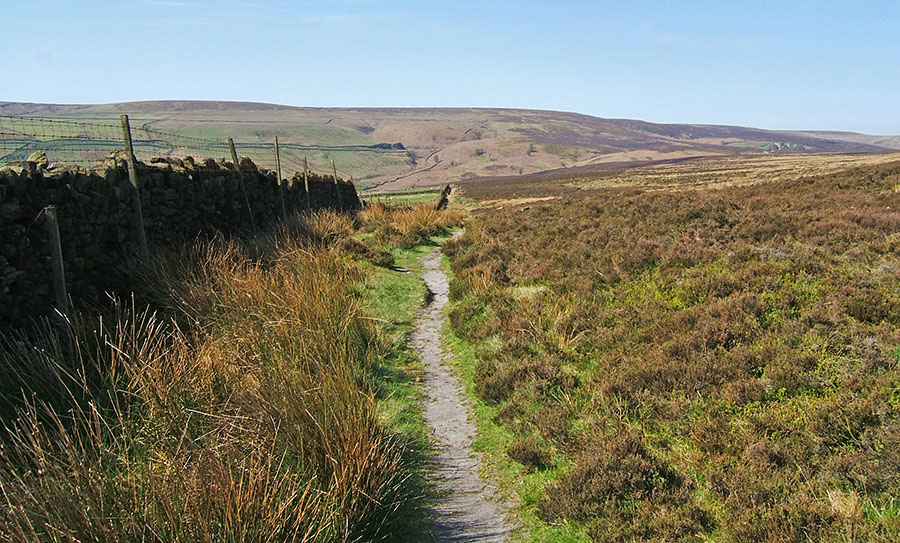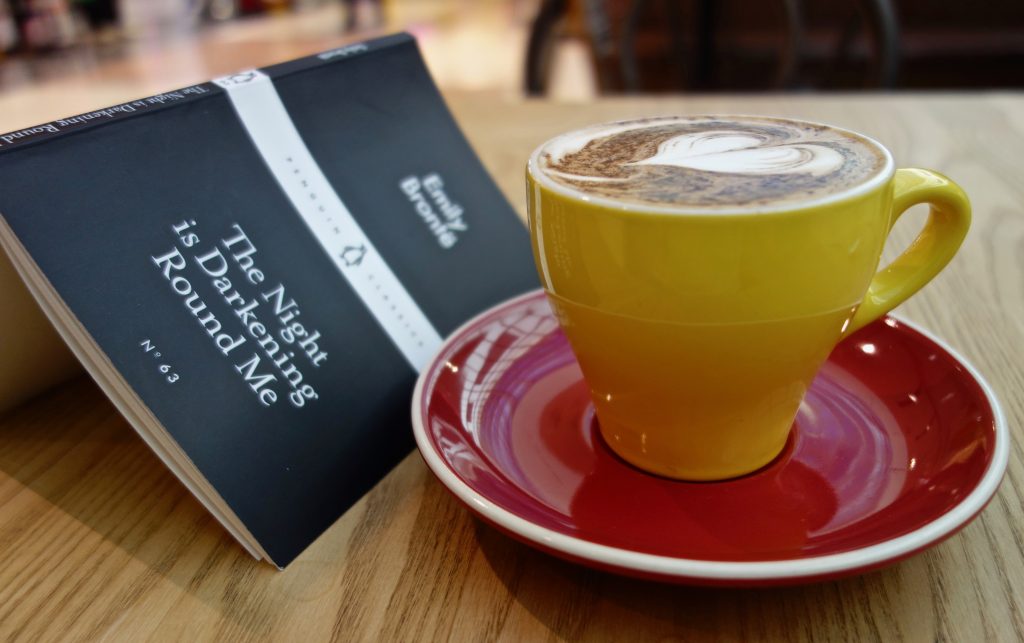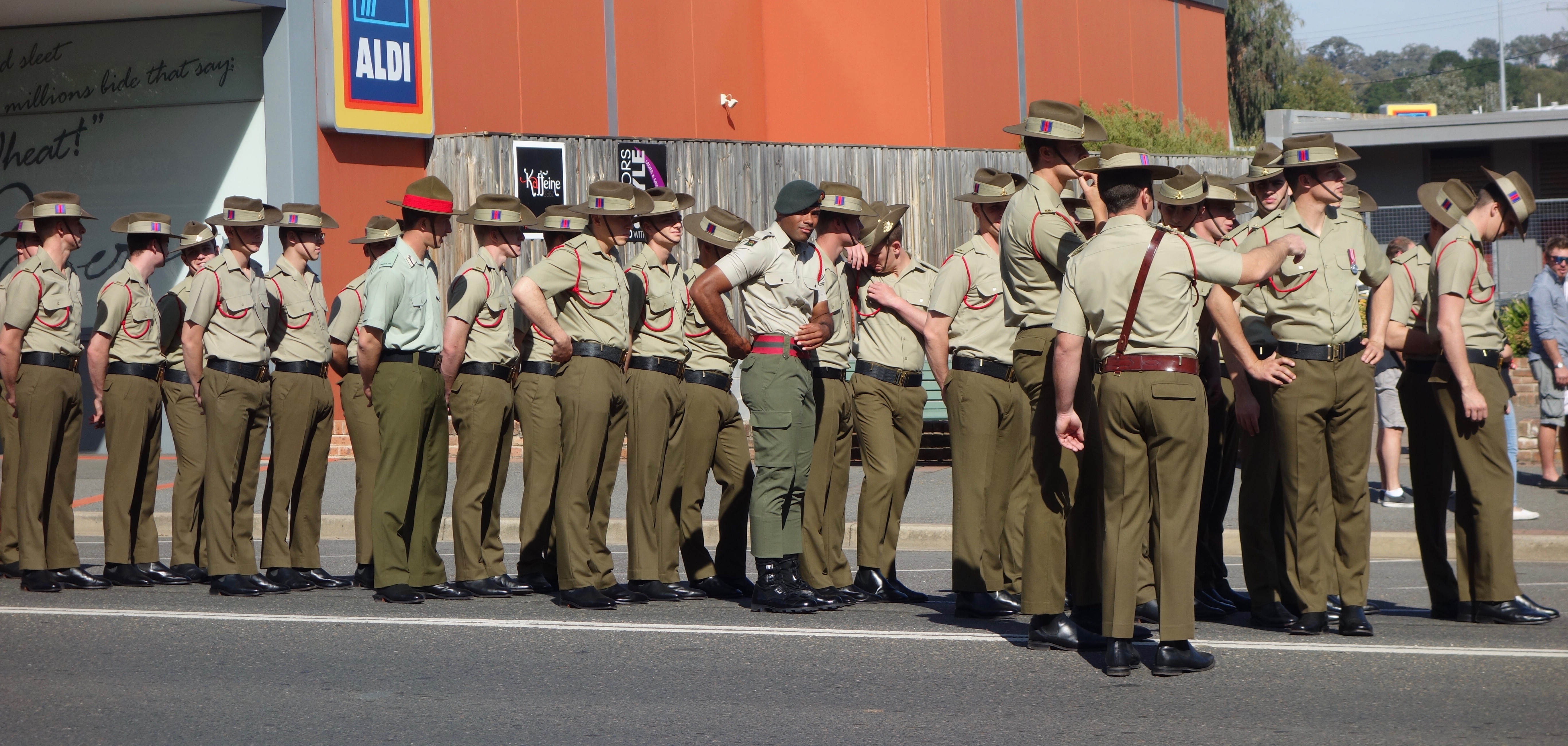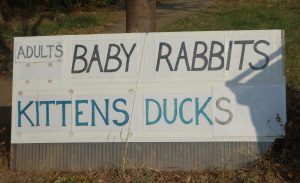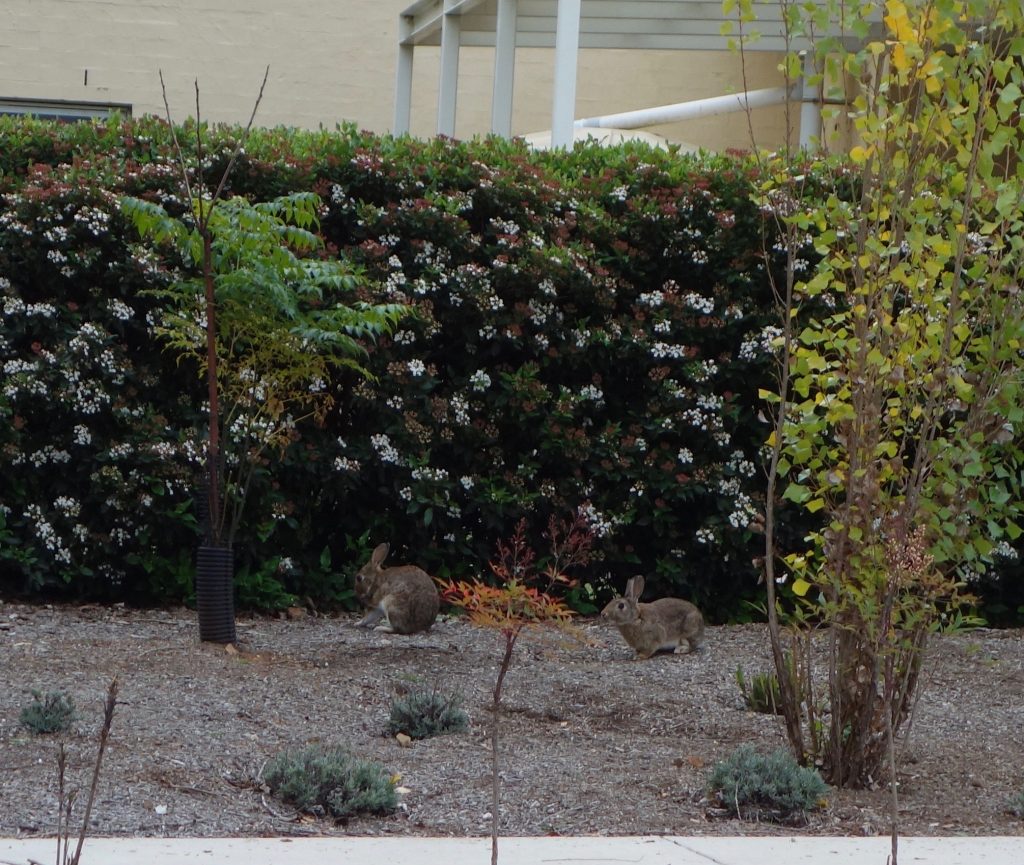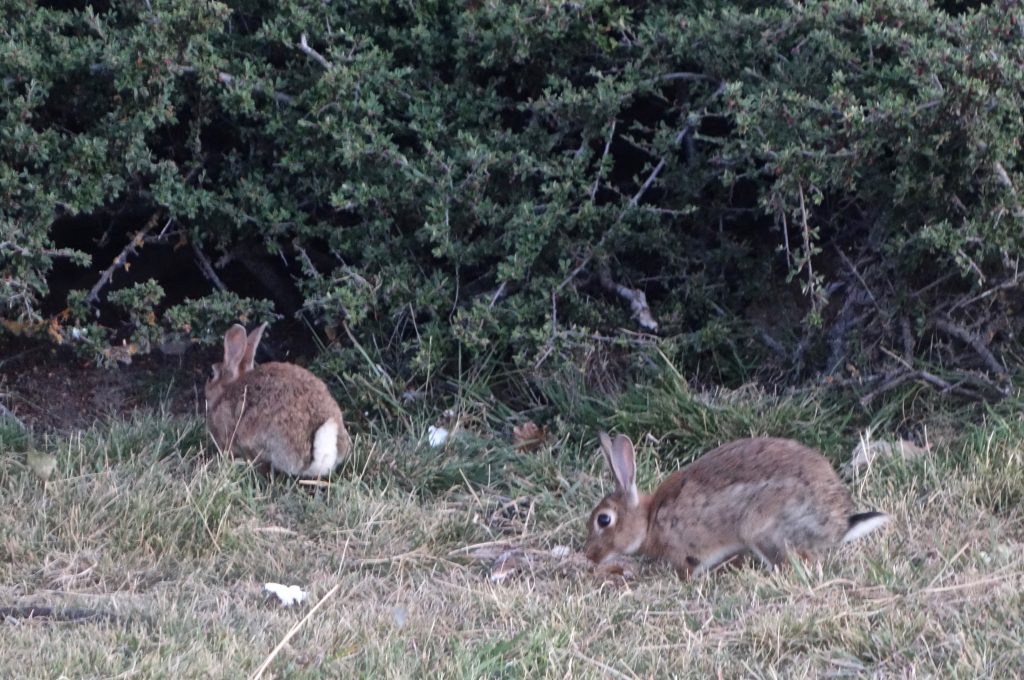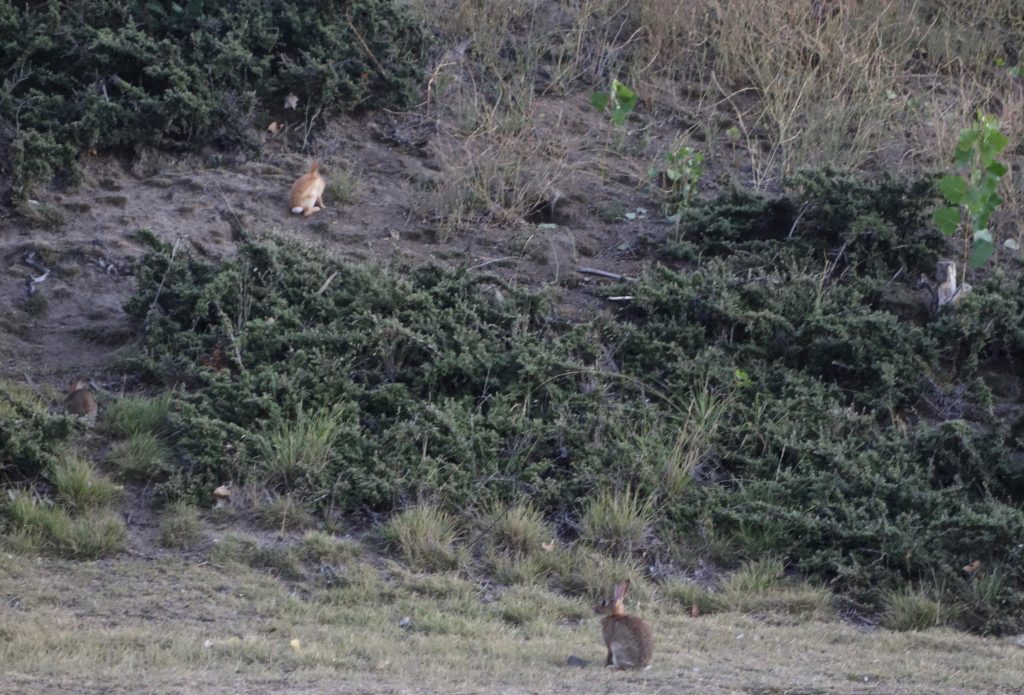It was a pleasure to burn.
First line, Fahrenheit 451, Ray Bradbury, 1954
I’ve been reading it for the past few days, and just finished.
In case you’re wondering about the title, Bradbury offers an explanatory epigraph:
FAHRENHEIT 451: the temperature at which book-paper catches fire and burns
As for the first line of the first chapter, it took me aback. As I read on, I started to lose interest, not being into dystopian societies, but when it came to the pages about a book-burning by ‘firemen’ I couldn’t put it down.
My favourite lines are not the first ones, but a short paragraph that comes almost midway through this three-part novel. The protagonist’s wife has been sucked into the ways of their commercialised bookless world. But though he is a book-burner by profession, he keeps a secret stash of books and when he establishes friendship with a girl with a ‘tireless curiosity’, a quality he has rarely seen, he quotes what seems to come from one of his books:
We cannot tell the precise moment when friendship is formed. As in filling a vessel drop by drop, there is at last a drop which makes it run over, so in a series of kindnesses there is at last one which makes the heart run over.
These two sentences were a compensation for the violence of the story against literature and its readers.
Ray Bradbury’s opening line was so catching it was used again as the title of a collection of 16 of his short stories, A Pleasure to Burn, about book-lovers and book-burners.
*
Today, for me, was a day of fiery fiction cooled by fluffy snow as I visited Corin Forest, not far from Canberra, and walked through a snowfall just because it was so novel… (I haven’t seen snow for a decade or so.)
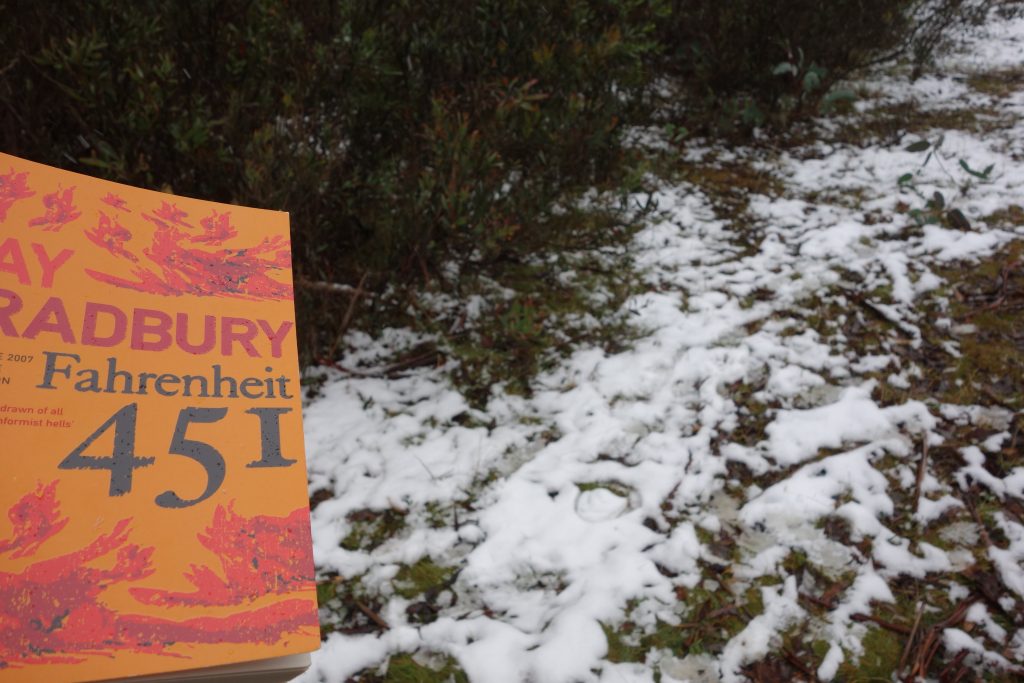
*

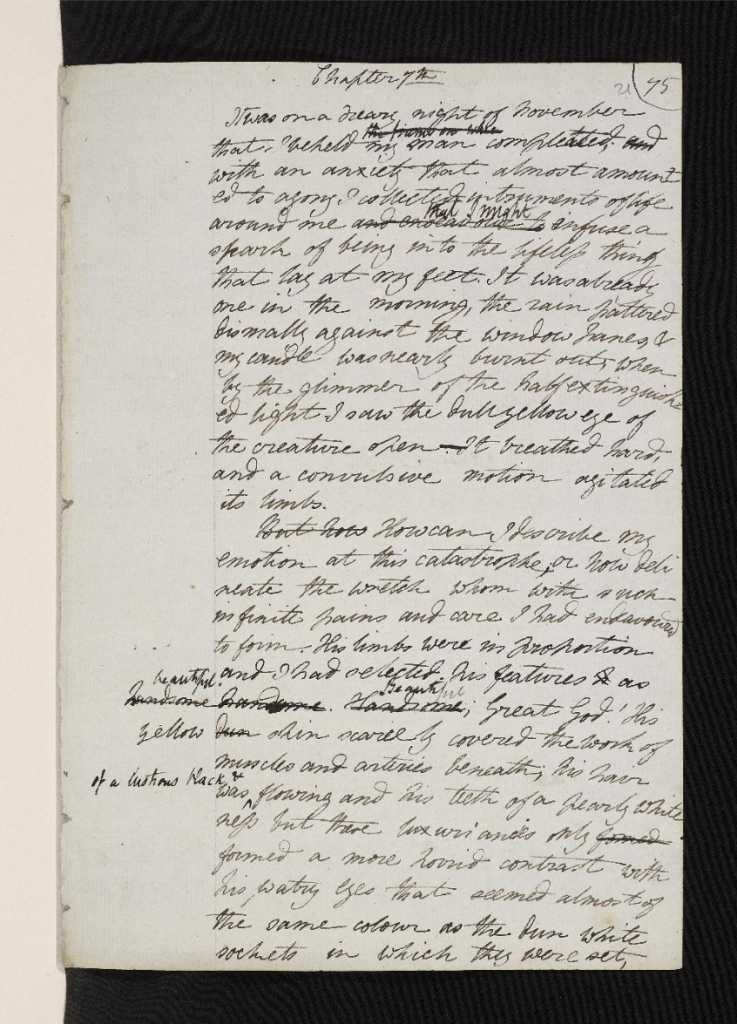

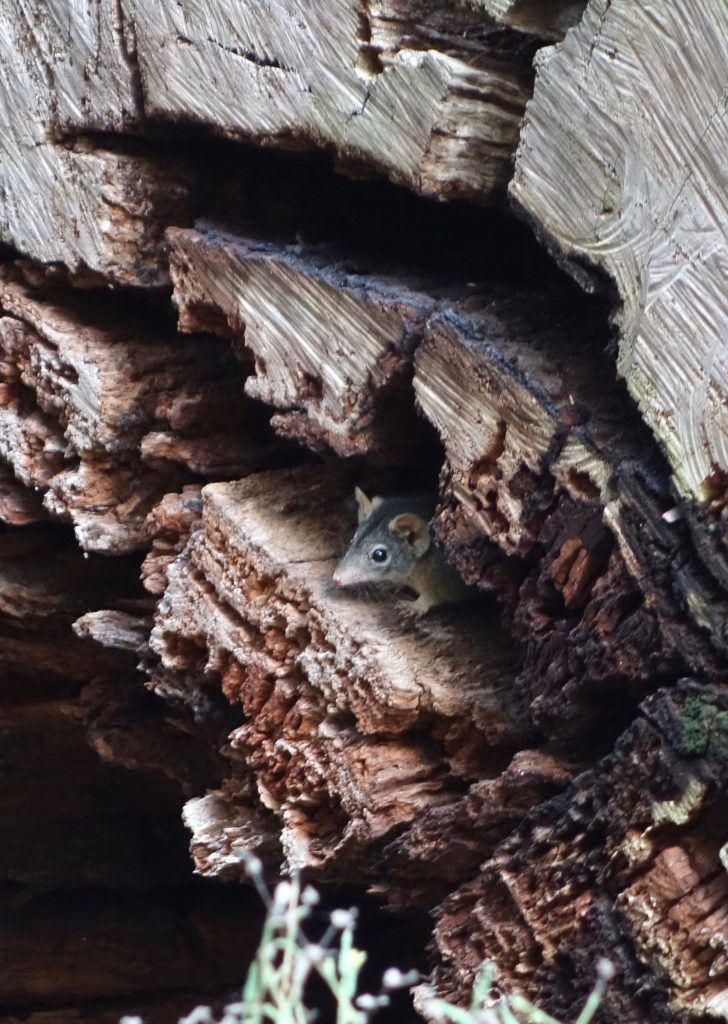
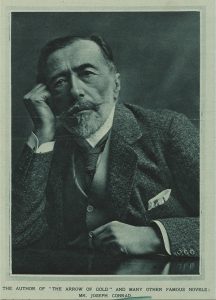 *
*